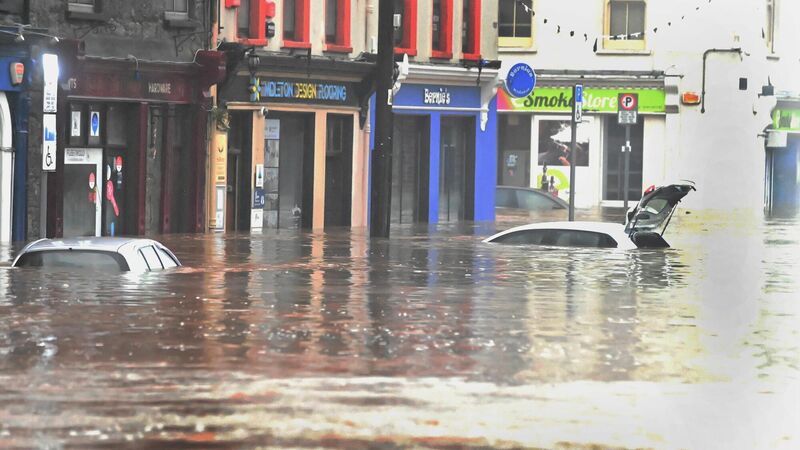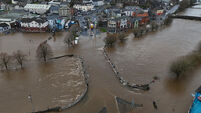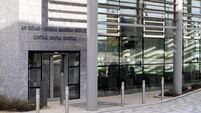Irish people as much to blame as Government for failing to meet climate change targets, expert says

Prof Thorne said residents in places like Midleton in East Cork were 'just lucky' storm surges that have hit Ireland happened to have hit at times of low tide, rather than high tide. Picture: Eddie O'Hare
The Irish people and successive governments are equally to blame for why Ireland is on course to miss its emission reduction targets, according to a leading climate change expert.
Professor Peter Thorne, who is professor in physical geography (climate change) at Maynooth University, said the Government had “failed to grapple with the difficult decisions required”.
CLIMATE & SUSTAINABILITY HUB













